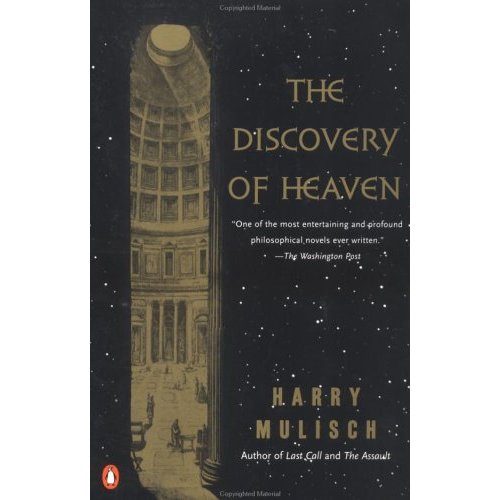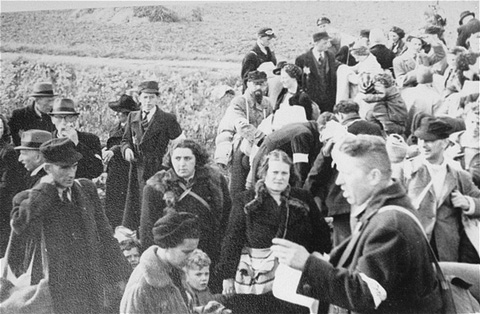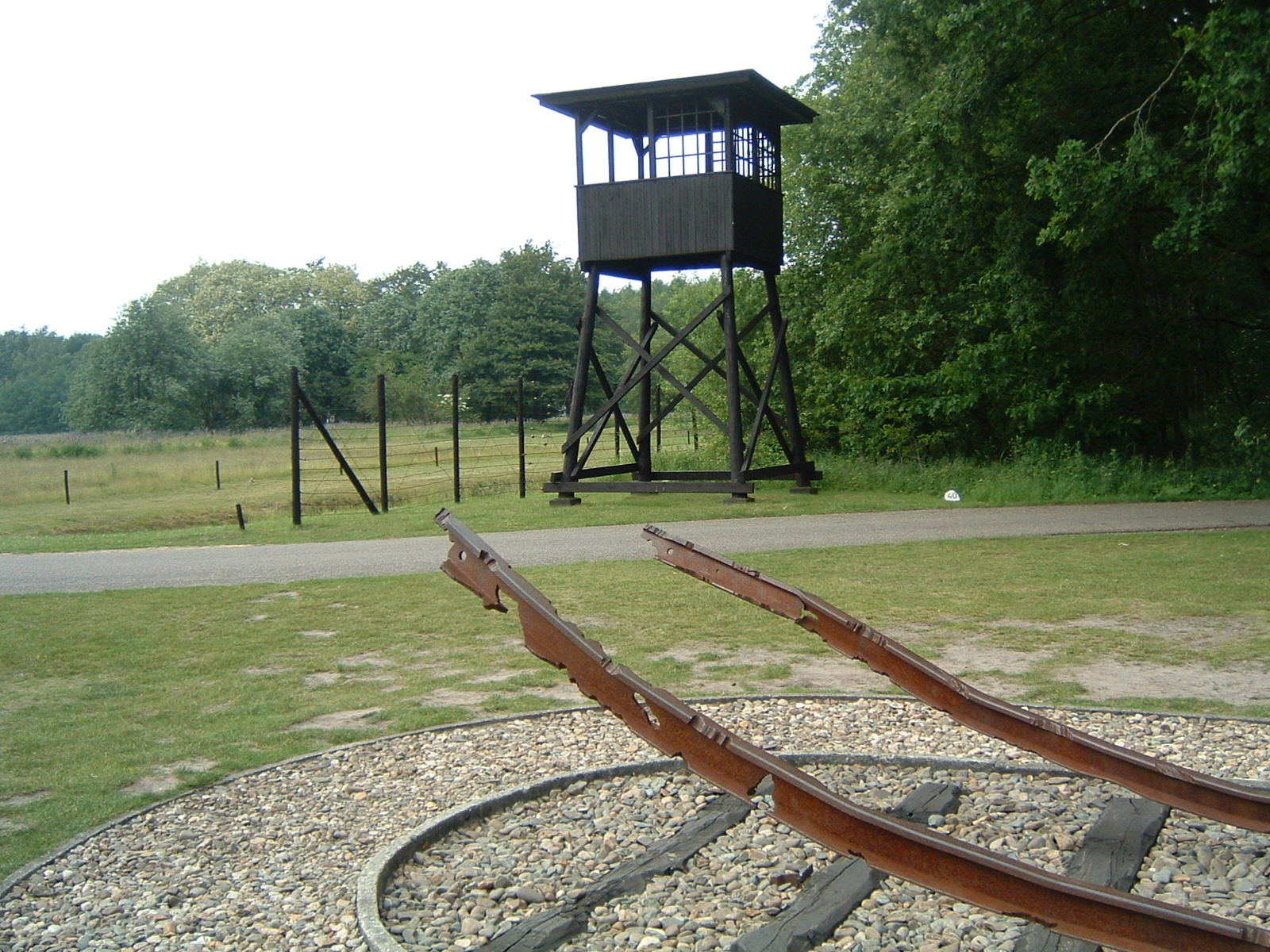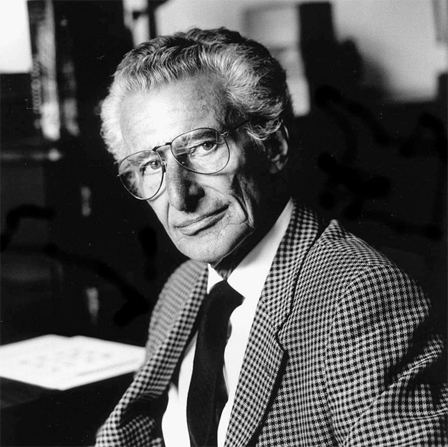A masterpiece is every sense. At once finely wrought and sprawling. A large work inset with multifaceted gems. I liked it.

There is a ‘Jules et Jim’ ménage à trios, sort of, but much more erudite. Onno and Max are kindred spirits who without quite meaning to come to share a love of Ada. But the cosmos intervenes in a car accident.
Max is haunted by the ghost of his father, a savage collaborator with the Nazi occupation, and who, it seems, murdered his wife, Max’s mother. There are many echoes of the War and the transportation of Jews. Onno is prodigiously talented and gifted, so much so he can never do any real work, but all his days he ponders an indecipherable Creatan disk, as an amateur archeologist. Given the prominence of the disk for hundreds of pages, readers expect resolution of it, but I found none. As far as this reader could tell the disk drops out of the story 4/5ths of the way through. Onno has his own ghosts in his Calvinist family, though none as spectral as Max’s.
In all, the novel is a study of generational change, starting in the early 1960s and ending in the later 1980s just before the Wall came down. If you have to ask what Wall, you weren’t there.
Between the parts of this 700+ page magnum opus, two angels discuss the events and people. The book is both earthy and divine.
Max is a radio astronomer who studies the sky by staring at data on his desk. Onno is a know-it-all who finds he knows nothing at all.
Both Onno and Max grow up and mature and grow old, and change. Only the comatose Ada remains the same. The stars kill Max.
The book reflects the preoccupations I found In his novel ‘The Assault’ which still ranks very high in my all-time list: the War, the Hunger Winter, the loyal Moulaccans who foolishly believed that loyalty would be rewarded, musical chairs of Dutch governments, the chasm between Calvinists and Catholics, and the divide between Amsterdam and the rest of the country.
Foreign and then Dutch Jews were deported through the Westerbork transit camp.
 We something about this at the Museum of Dutch Resistance in Amsterdam in 2014.
We something about this at the Museum of Dutch Resistance in Amsterdam in 2014.

This tale is, well more than one tale and it is too much to recount and, though I read It in great gulps, it lacks the focus and urgency of ‘The Assault’ with its very satisfying resolution when the message is at last delivered. This novel is too prolix for that. But it is one fine ride like few others, with Hegel, Wagner, Leibniz, Kant, Rousseau, and of course Machiavelli all mentioned along the way. He tries to out do Umberto Eco and Dan Brown toward the end, and then it tails off…..
 Harry Mulisch
Harry Mulisch
Skip to content
